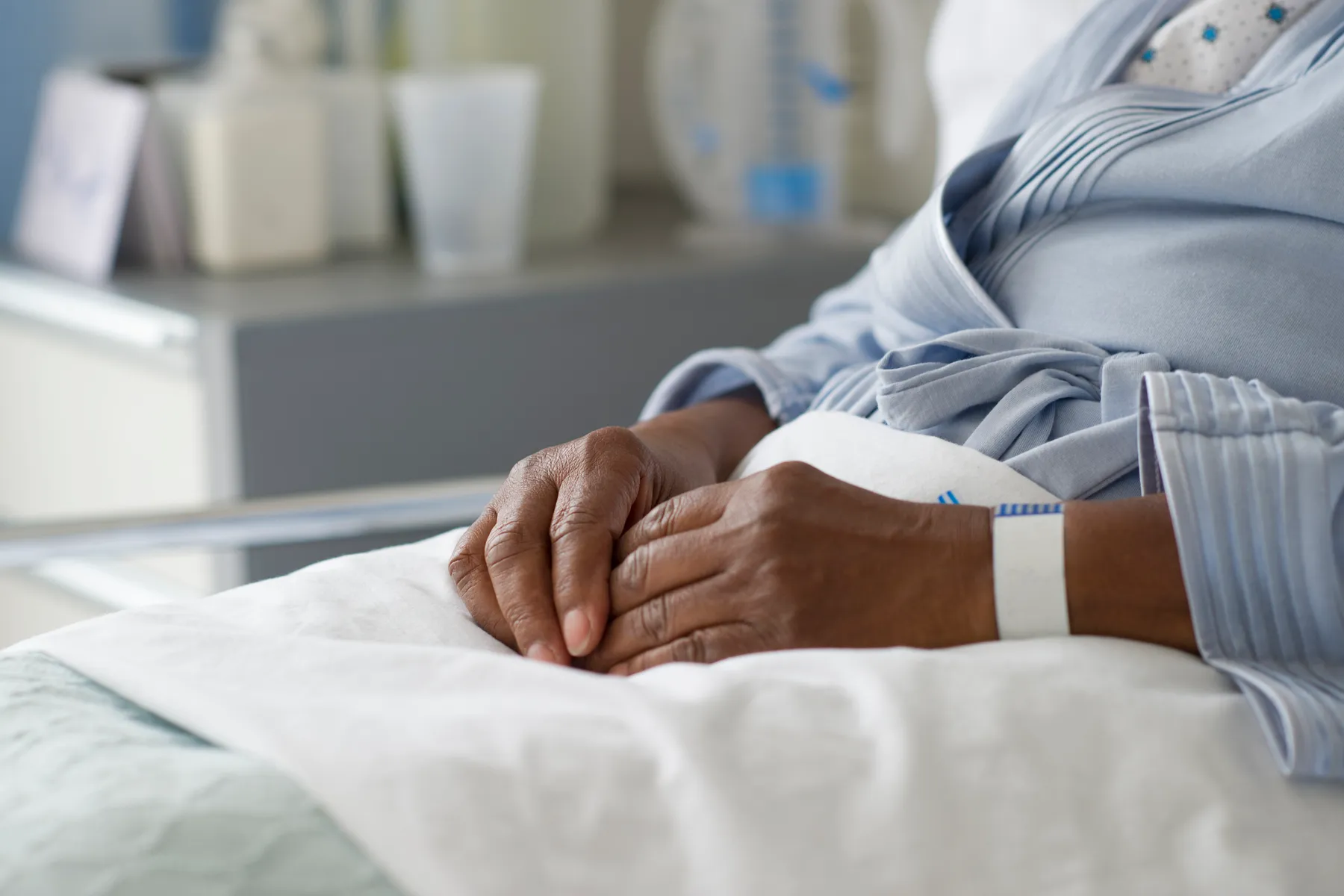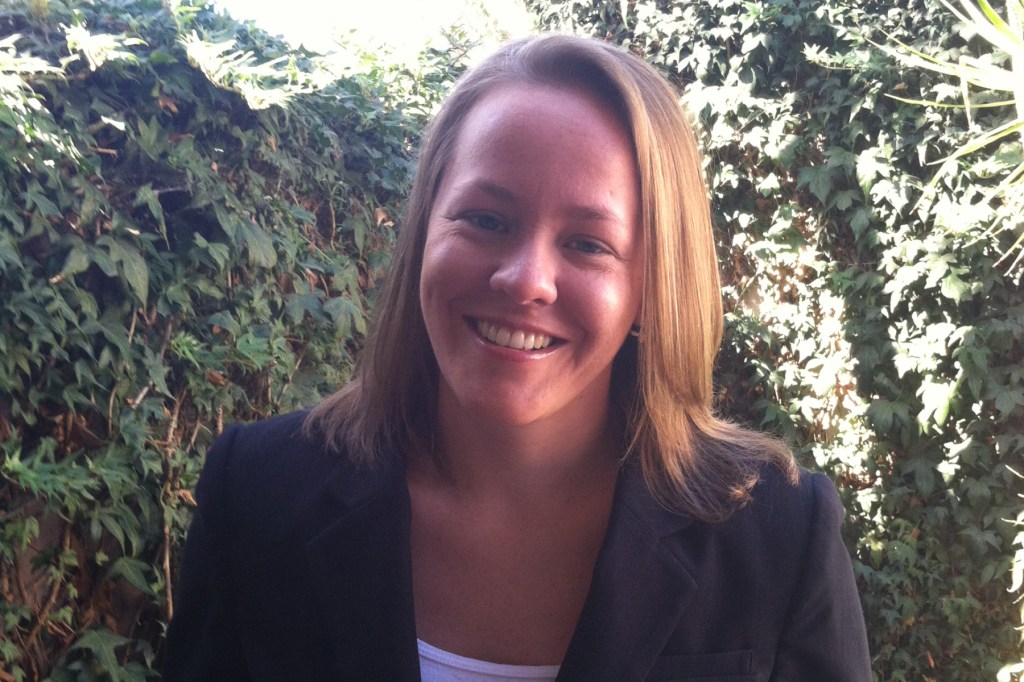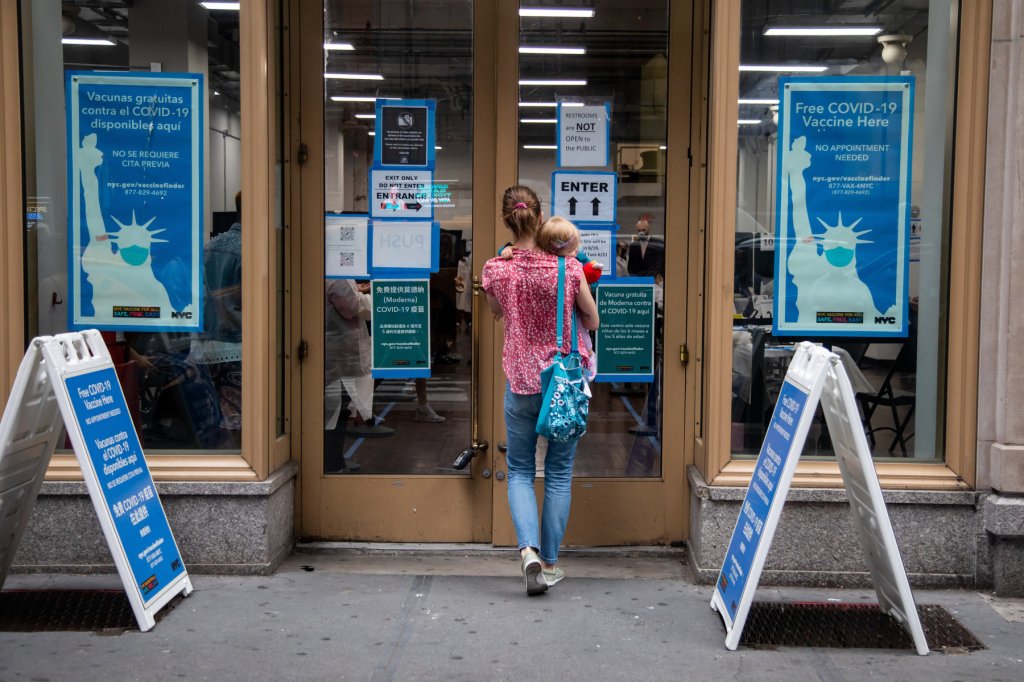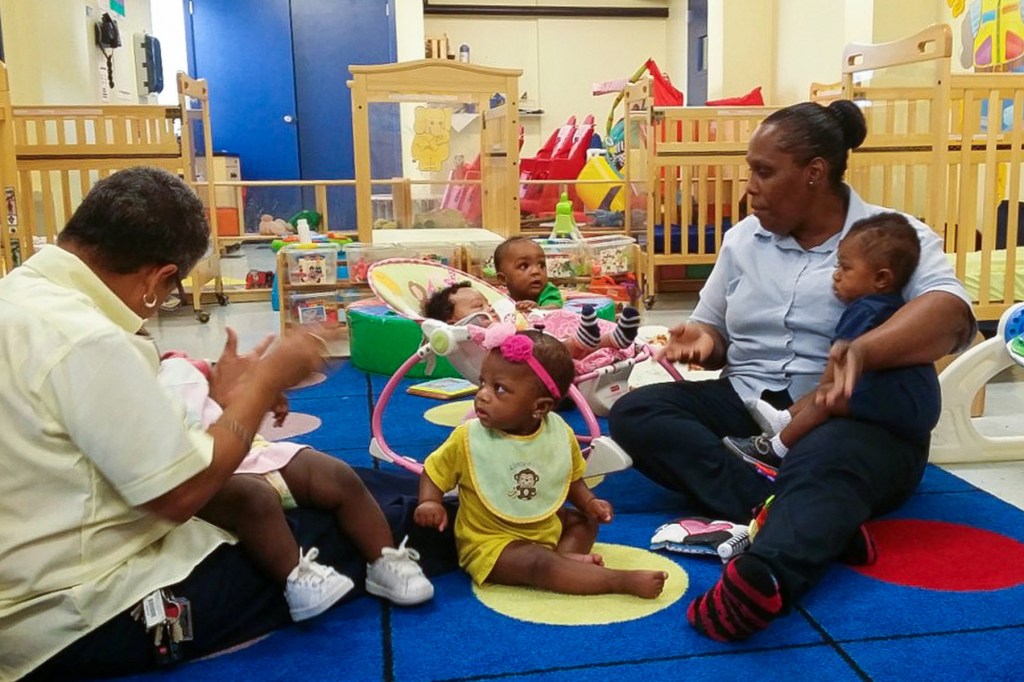Systemic failures have led Black women in the Mississippi Delta to have disproportionately high death rates from cervical cancer, a new report concludes.
The Southern Rural Black Women’s Initiative for Economic & Social Justice and Human Rights Watch collaborated on the report. It is the result of publicly available information, and interviews with 49 experts and 159 Black women from Bolivar, Washington and Humphreys counties.
Oleta Fitzgerald, the initiative’s co-founder and regional administrator, explained the significance of the issue. “It is a cancer that is preventable and highly treatable if people have access to the right kind of medical professionals and screenings and the HPV vaccination,” she said. “It is also a cancer that is rampant and particularly and indiscriminately in Black women in the rural areas where we work, and there is something we can do about it.”
The American Cancer Society predicts about 4,320 women will die from cervical cancer in 2025. Black women are 75 percent more likely to die from cervical cancer than White women.
The report found that issues such as lack of access to health care, poverty, racism and lack of education are the main culprits.
Mississippi is one of the poorest states in the nation with some of the worst health indicators, and has one of the highest rates of uninsured people. According to KFF, 9.5 percent of Americans between zero and 64 years old were uninsured in 2023. In Mississippi, it’s 12.6 percent.
The Mississippi Cancer Registry found that between 2017 and 2021, the cervical cancer death rate for Black women in the Delta was 1.4 times higher than White women’s.
The report found that the lack of Medicaid expansion led to people not having health care coverage, a situation exacerbated by a shortage of OB-GYNs and more rural hospital closures. Eight of the 18 Delta counties are maternity care deserts.
Without health insurance or Medicaid, many women can’t afford regular check-ups, cancer screenings and follow-ups necessary to catch cervical cancer early. They may also not have transportation, public or private, to get to the doctor’s office.
Dr. Thomas Dobbs, the former state health officer, explained that the lack of OB-GYNs is part of a national trend. “There’s been a transition in the medical environment where physicians coming out to practice don’t locate to rural areas as much,” said Dobbs, now dean of the school of population health at the University of Mississippi Medical Center.
The Association of American Medical Colleges Research and Action Institute found that states with strict abortion bans, like Mississippi, get fewer applicants for residency programs.
Racial discrimination in the health care system has caused Black women to distrust medical providers. Leland resident and substitute teacher Stacy Wiggins recalled how many people she knew avoided going to the doctor because of how poorly they were treated. She didn’t understand what they meant until she had her own battles with cancer.
“When I got down sick, that’s when I saw that the health care in my area is not equipped to handle a lot of situations,” she said.
Wiggins survived both thyroid and ovarian cancer. Before being diagnosed with cancer, she had health insurance through her job at Family Dollar. She did not qualify for Medicaid or the low premiums under the Affordable Care Act.
Before her cancer diagnosis, her doctor advised her to seek treatment outside of the county. She took the physician’s advice, and was treated for both cancers in Jackson. She believes if she hadn’t, she would not be alive today.
Wiggins, whose cancer is in remission, gets assistance from Medicaid’s Elderly and Disabled Medicaid Waiver program, which covers transportation and an aide.
There is also a dearth of education on reproductive and sexual health. One of the strongest tools against cervical cancer is the HPV vaccine. Some HPV infections can lead to certain cancers. It’s recommended that children ages 9 to 14 get two doses over 6 to 12 months, and three doses over six months at ages 15 to 26. People can receive the vaccine up to age 45.
Mississippians have some of the lowest HPV vaccination rates in the country. In 2023, about 38 percent of Mississippi teens received all doses of the HPV vaccine.
Greenville family nurse practitioner Dr. Patricia Barber said that a lack of awareness is a serious problem. “I really think a lot of it is a lack of information because every time I talk to my patients about the HPV vaccine, they’re very receptive,” she said.
The Delta’s demographics also play a role. Census data from 2023 shows that in the three counties studied, Black residents make up 64 to over 73 percent of the population, and women make up over 53 percent. The counties’ combined population is 75,130.
The report makes several recommendations for state lawmakers. Expanding Medicaid, adopting “rights-based, scientifically accurate” sex education in schools, and increasing awareness of HPV vaccines were among them. They also support more funding and improvements for telehealth, community-based health centers and county health departments.
Advocates are still pushing for Medicaid expansion in the current legislative session. The House and the Senate both passed Medicaid expansion “dummy” bills. These bills are meant to be placeholders while state lawmakers wait to act until the Trump administration weighs in.
Fitzgerald says that members of Southern Rural Black Women’s Initiative are part of the efforts to expand Medicaid and will continue working to improve outcomes across the state.
“This environment will be more difficult because policymakers are moving in lock-step with the national policy agenda,” she said. “But we never give up.”
Dobbs recommended that people take advantage of the Mississippi Medicaid Family Planning Waiver, a limited benefit that pays for women’s health care, including pap smears. The Mississippi Department of Health also has a program that covers breast and cervical cancer screenings for women who meet income and age requirements.
This article first appeared on Mississippi Today and is republished here under a Creative Commons license.





